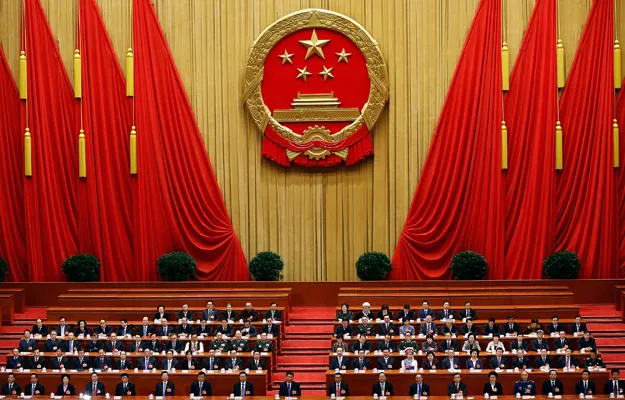Authors: Dr. Yu Jie and Lucy Ridout
Affiliation: Chatham House
Organization/Publisher: Chatham House
Date/Place: November 2021/UK
Type of Literature: Briefing Paper
Number of Pages: 22
Link: https://www.chathamhouse.org/2021/11/who-decides-chinas-foreign-policy
Keywords: Chinese Foreign Policy, State-owned Enterprises, Provisional Governments, Chinese Communist Party
Brief:
China’s foreign policy is complicated even though to the outside it looks like it has one voice. One reason that policymakers and researchers struggle to understand the complexity is because of difficulty in understanding the Chinese language. There are conflicts between some actors in the foreign policy realm. According to the authors, China’s foreign policy consists of a myriad of actors such as central state authority, state-owned enterprises (SOEs), and provincial-level authorities. Central state authority is mostly the Chinese Communist Party (CCP) which is being led by Xi Jinping. CCP mostly decides the main decisions in foreign policy. Although Xi Jinping seems to be making his own decisions in Chinese foreign policy, the other actors are decision-making tools in foreign policy that cause internal conflicts between institutions. SOEs, which are often seen only as tools that promote Beijing’s geostrategic ambition, on the other hand are disputing when they believe that their business interests are being compromised by government policies. Other foreign policy decision-makers in China are subnational governments which have maintained a certain degree of economic autonomy since the landmark economic reforms by Deng Xiaoping in the late seventies. Some provincial-level governments have sufficient power to determine key elements of Beijing’s foreign policy agenda. The authors use three subnational governments as a case study: Shanghai which is modifying the implementation of central policy, Yunnan which is refusing to adopt Beijing’s policies, and lastly Shaanxi which is creating new policy ideas that benefit local interests while proactively persuading the central government to adopt them.
By: Esra Ibrahimagaoglu, CIGA Research Intern




